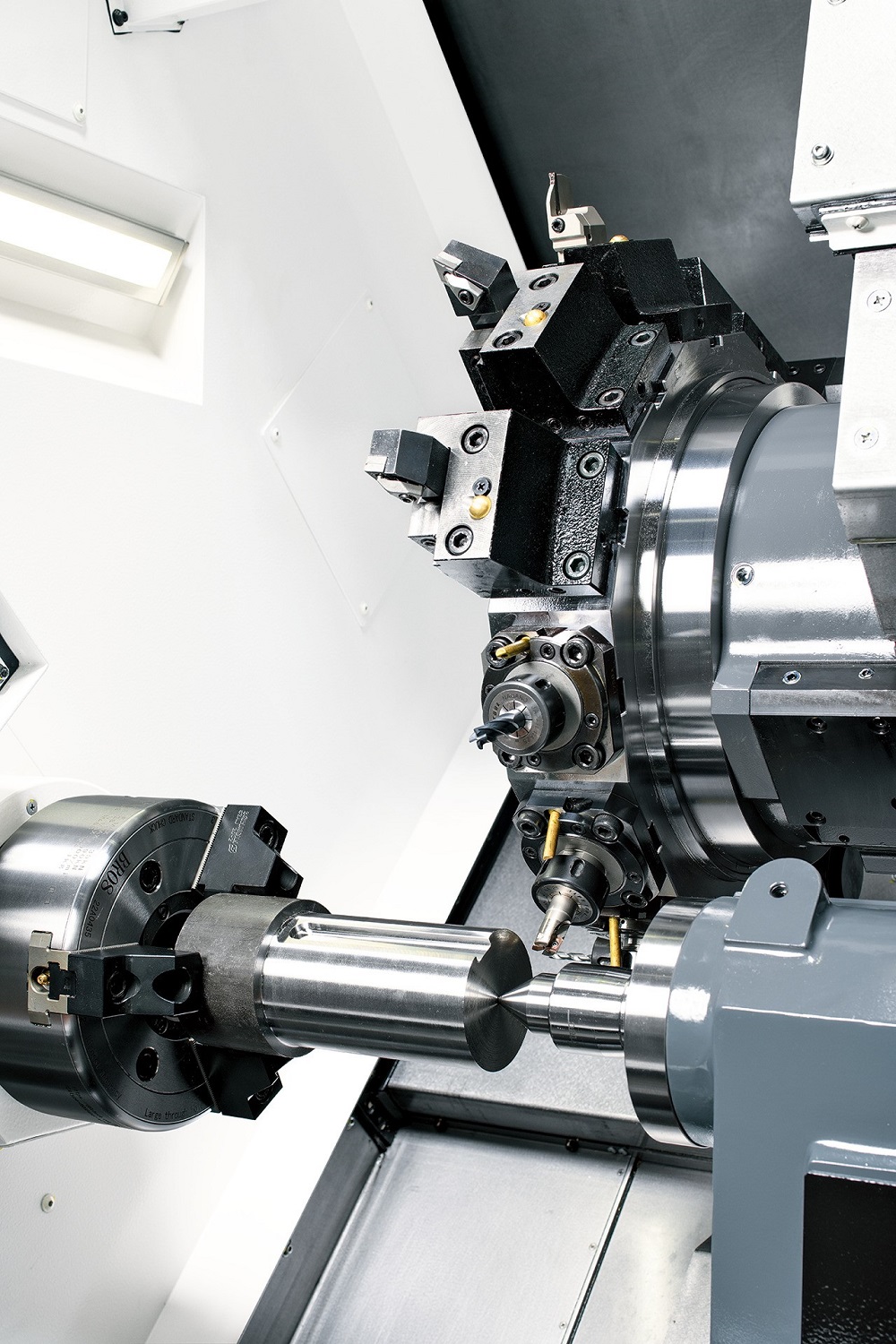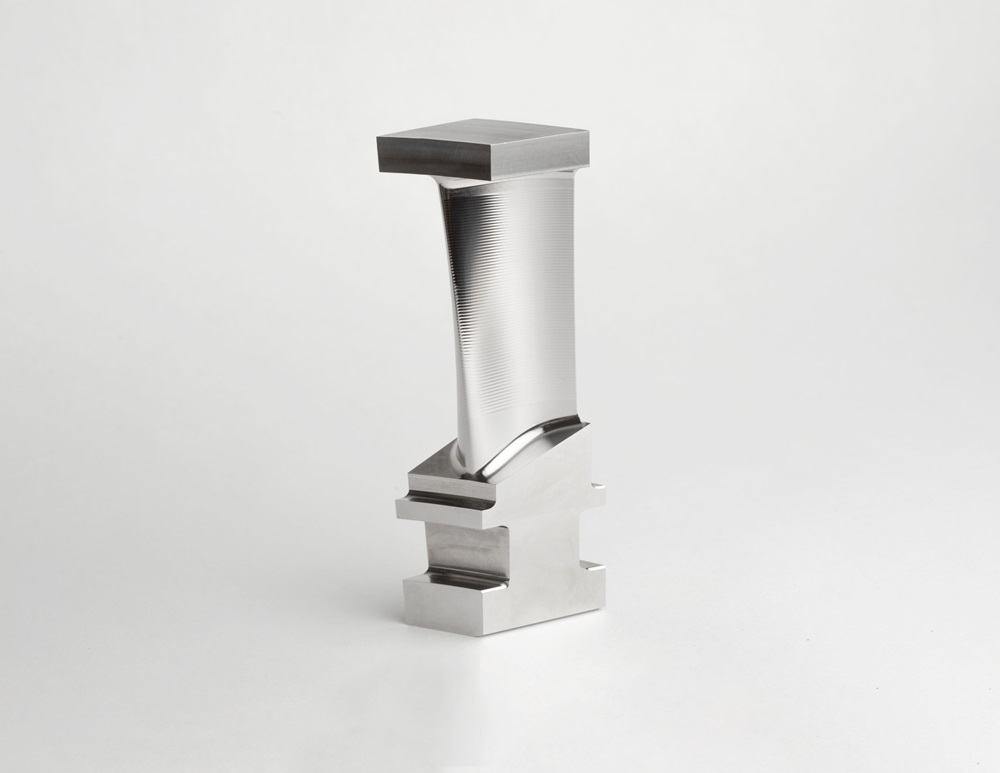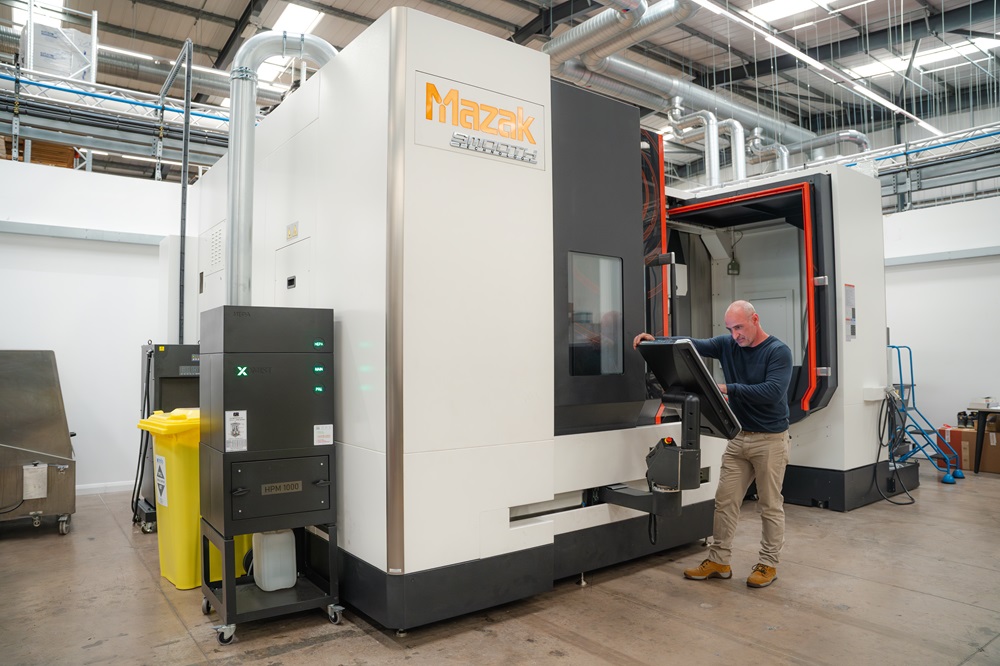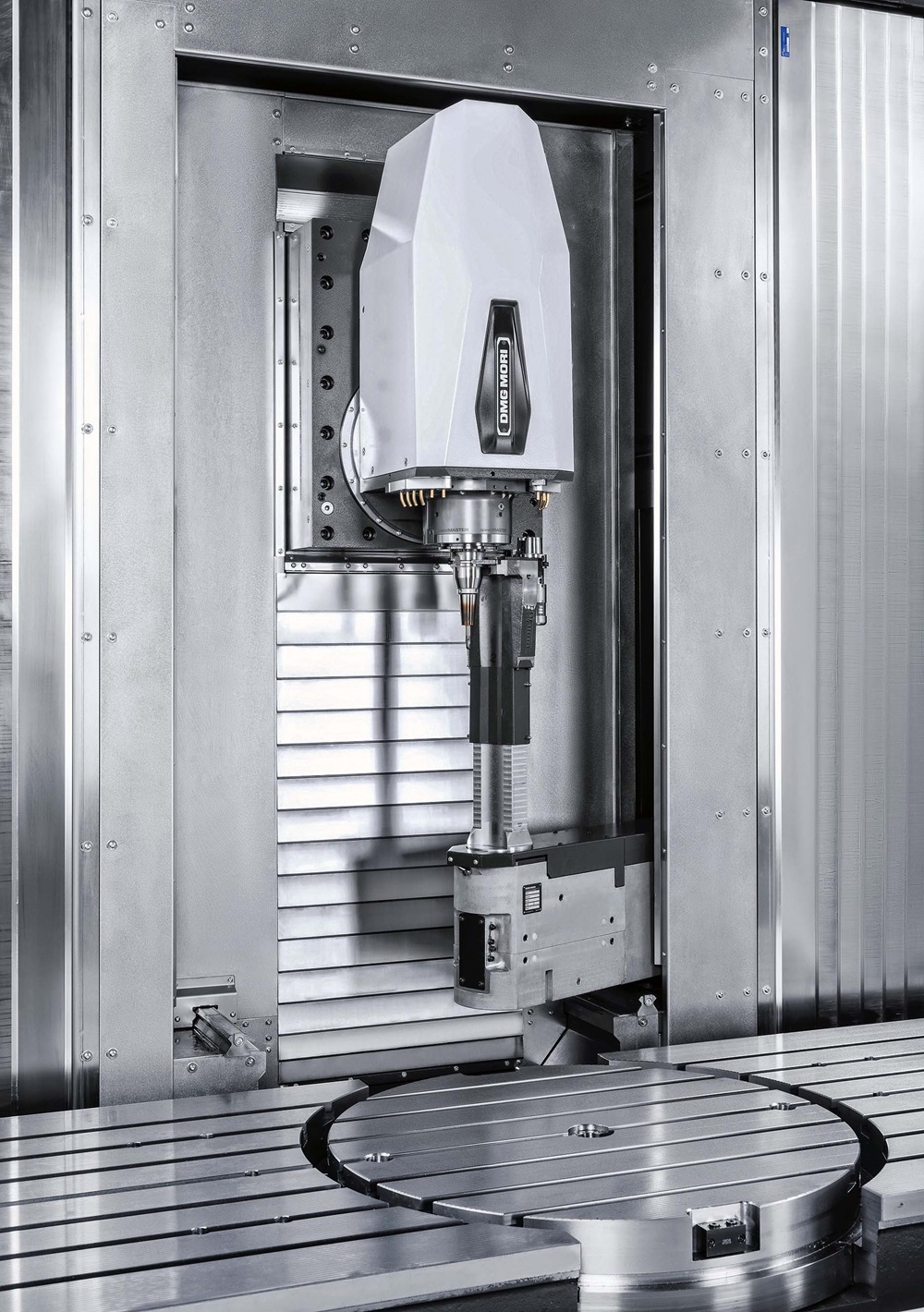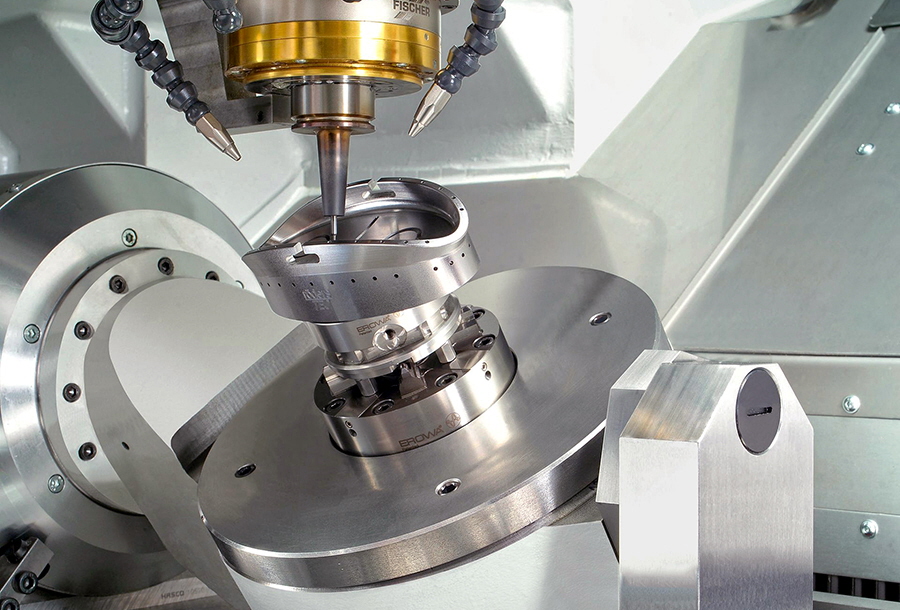Following hot on the heels of the new Nakamura-Tome SC-200II machine that recently launched as an evolution beyond its predecessor, the SC-200, Nakamura is now introducing the new SC-200IIL. This latest iteration is available in the UK from the Engineering Technology Group (ETG).
The SC-200IIL turning centre inherits many of the main specifications of the SC-200II and its concept of ‘next-level machining’. However, the SC-200IIL expands the distance between centres, evolving into a machine capable of producing long workpieces. This development allows users to select the R-side specifications from the sub-spindle or NT tailstock units. While the SC200II has a maximum turning diameter of 390mm and a 510mm distance between spindles, the new SC-200IIL increases this distance to 715mm between centres, with 800mm between spindles.
Like the SC-200II multi-tasking lathe, the SC-200IIL provides a powerful and stable machining platform under challenging conditions. Despite the machine being in the 8” chuck size class, it has a swing over the bed of 620mm diameter, providing a large machining area for a small footprint machine.This configuration also enables the machine to accommodate a 10” chuck if required. The output of the spindle motor is now to 15/11kW, with the option of an 18.5/15kW motor.
Similar to the SC-200II, the SC-200IIL has high acceleration rates that enable the operator to machine larger parts and expand the scope and variety of components considerably.
Nakamura-Tome CEO Shogo Nakamura says: “Since this machine is capable of processing large billets and bars that would normally require a machine one size larger, the SC-200IIL has arrived to deliver favourable changes to factory floors.”
For further information www.engtechgroup.com






